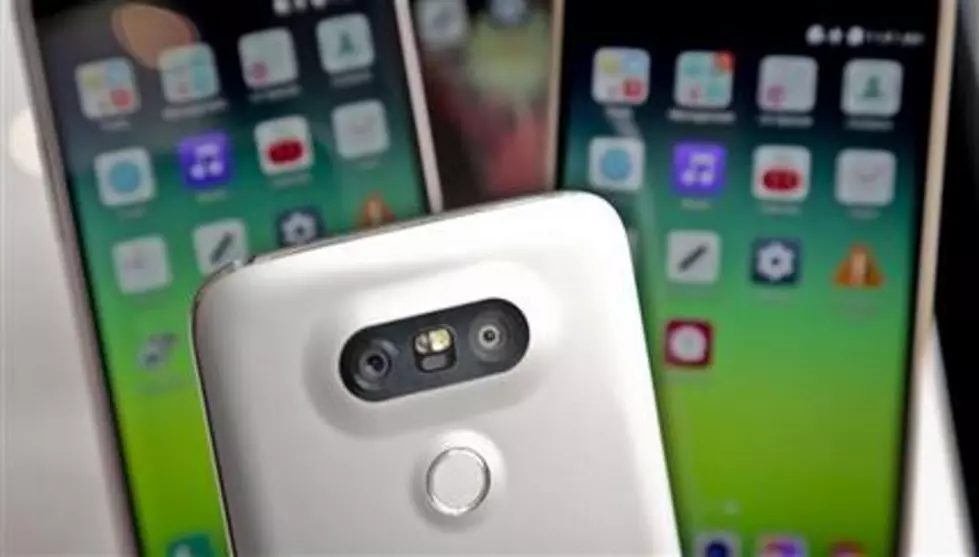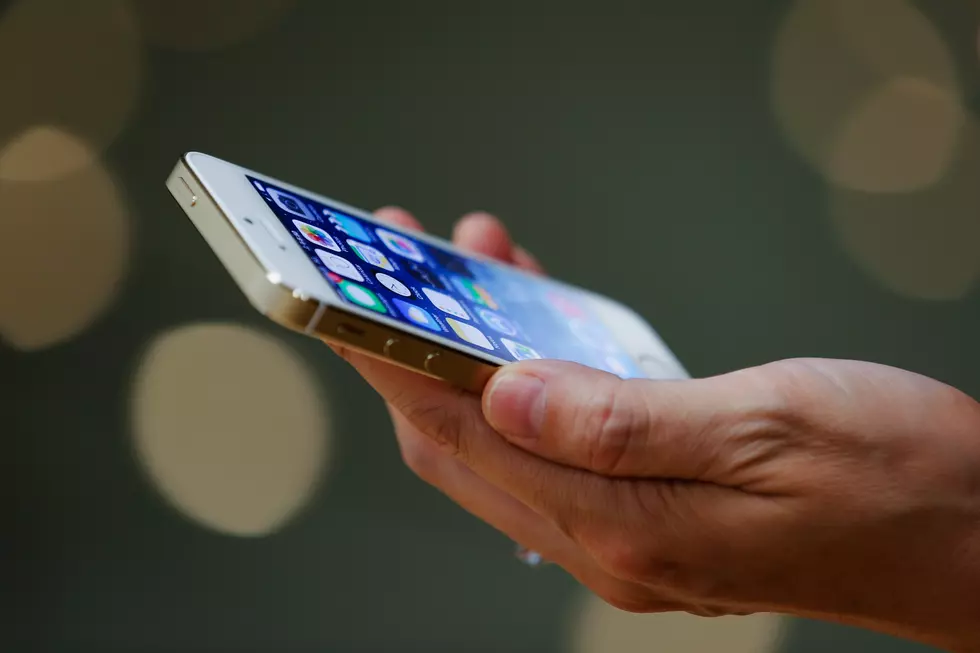
Generation Z: ‘No boundaries’ with technology?
A massive national study is underway, looking at the attitudes and behaviors of the generation after millennials, known as iGen or Generation Z.
The first set of results has been unveiled, focusing on this generation's relationship with technology, and it's a bit alarming.
According to The Center for Generational Kinetics' white paper titled "iGen Tech Disruption," those born in 1996 or later have very different opinions about, and much more dependence on, electronic devices and the social media world, when compared to older respondents.
First off, this younger generation appears to have close to zero boundaries when it comes to when and where it is appropriate to use one's smartphone.
Though iGen was not on board with using a smartphone at work, they were more likely than any other generation to say the use of a phone was appropriate during a religious service, on a job interview, while eating dinner with the family, while applying for a home loan, and even at their own wedding.
They also gave the thumbs-up to using a phone while riding a bike and running on a treadmill.
And here's a finding that could make even millennials feel old: according to the report, iGen is four times more likely than any other generation to say 13 is the ideal age to receive a smartphone. On the flip side, older generations are at least four times more likely to say the appropriate age is 18.
"That's important because it shows that millennials, who are this generation that everybody sees as young, actually answered a really important question in the way that their parents do," Jason Dorsey, iGen expert with The Center for Generational Kinetics, told New Jersey 101.5 in a phone interview.
According to Dorsey, the study's findings uncover a "dangerous" relationship between Generation Z and social media.
Thirty-seven percent of iGen, more than any other generation, said social media affects happiness. Close to 40 percent admit social media affect can affect self-esteem.
The report notes "social media has more of an impact on iGen than any other generation in American history."
Dorsey said these results prove that Generation Z is very different than millennials, which is important for everyone to know and recognize, from parents to employers to marketers.
Other sets of findings will be released in pieces over time.
More From New Jersey 101.5 FM




![New App Lets Users Be ‘Citizen Scientists’ [AUDIO]](http://townsquare.media/site/385/files/2014/05/20140528_1316181.jpg?w=980&q=75)




